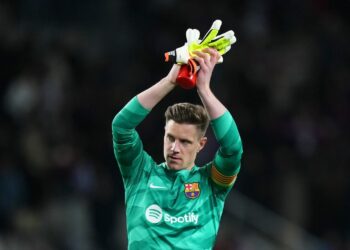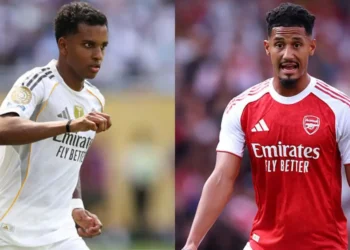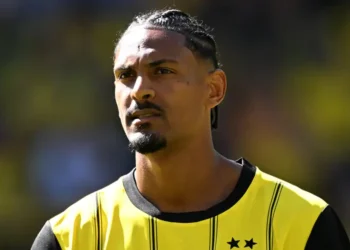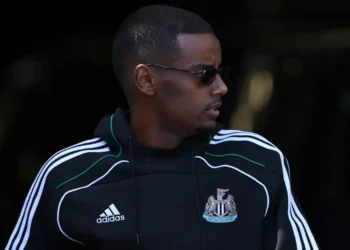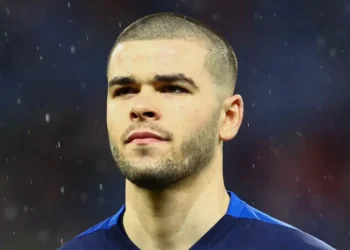⚖️ What are the charges?
On July 4, 2025, the Metropolitan Police, under instruction from the Crown Prosecution Service (CPS), charged Thomas Partey—the former Ghanaian midfielder for Arsenal—with five counts of rape and one count of sexual assault involving three distinct women. The allegations stem from incidents that allegedly took place between 2021 and 2022 in London . Partey has entered a plea of not guilty and will appear before Westminster Magistrates’ Court on August 5, 2025 .
—
Why did it take so long?
1. Lengthy police investigation
The case originated in February 2022, when the Metropolitan Police began investigating after the first rape allegation. Partey was arrested in July 2022, then re-arrested regarding earlier allegations, and remained on bail with extended restrictions over the next three years .
2. Complexity of the case
Investigators handled multiple allegations from different women over various time periods. The CPS required the full collection of evidence—statements, digital records, and forensic data—before filing formal charges. The CPS finally approved charges in July 2025 .
3. Legal constraints
UK law restricts media and public identification of criminal suspects until charges are formally filed. This explains why the club and authorities maintained confidentiality until July 2025 despite ongoing rumors .
Why was Arsenal under scrutiny?
1. Continued playing despite investigation
Despite being under police investigation and arrested in July 2022, Partey was not suspended, and Arsenal continued to field him. In the 2022–23 and 2023–24 seasons, he made 56 and 52 appearances, respectively, including participation in Ghana’s 2022 World Cup squad. His contract was active throughout .
2. Lack of transparency
Fans, women’s advocacy groups, and MPs highlighted the club’s silence. Over 8,000 supporters, through Arsenal Supporters Against Sexual Violence, petitioned the club to suspend him, calling the decision to play him “deeply concerning” and indicative of placing performance over principle .
3. Comparisons with other cases
Supporters drew parallels with how Manchester City and Manchester United reacted: they suspended Benjamin Mendy and Mason Greenwood, respectively, at the point of formal charges, even amid disagreement over the timing .
4. Legal vs. ethical obligations
Analysts argue that although legally permitted (no formal charge at the time), Arsenal may have had a clearer ethical duty to act. Lawyers like Dino Nocivelli have stated that suspension during active investigations would send a strong statement against sexual violence .
5. Sponsorship, reputation, and trust
Arsenal have been lauded for high standards of conduct. Critics now say maintaining Partey’s place risks prioritizing financial gain and reputation over safeguarding. The timing—charges surfaced only after his contract ended on June 30, 2025—amplifies concerns .
—
What’s next?
Legal process: Partey will appear in court on August 5, 2025. Following that, further hearings and potentially a trial could extend the process into 2026.
Public messaging: The CPS and police urge the public to avoid prejudicial commentary to preserve trial integrity .
Institutional fallout: The case may prompt a reassessment of club and FA protocols regarding players under investigation but not yet charged.
Reputational impact: Fans, sponsors, and governance bodies will be closely watching Arsenal’s and the FA’s post-investigation responses.
—
Summary
In essence:
Why did it take so long?
It entered investigation in Feb 2022, but multiple allegations, sensitive evidence gathering, UK legal standards, and ensuring due process delayed charges until July 2025.
Why scrutiny on Arsenal?
The club’s decision to let Partey play while he faced serious allegations, despite widespread calls to suspend him, placed it in the spotlight and under ethical scrutiny. The eventual non-renewal of his contract days before the charges became public adds to perception issues.
Ultimately, the situation remains unresolved until legal proceedings conclude. It does, however, represent a watershed moment in sports governance, underlining the tension between legal defini
tions of innocence and broader institutional responsibility.

